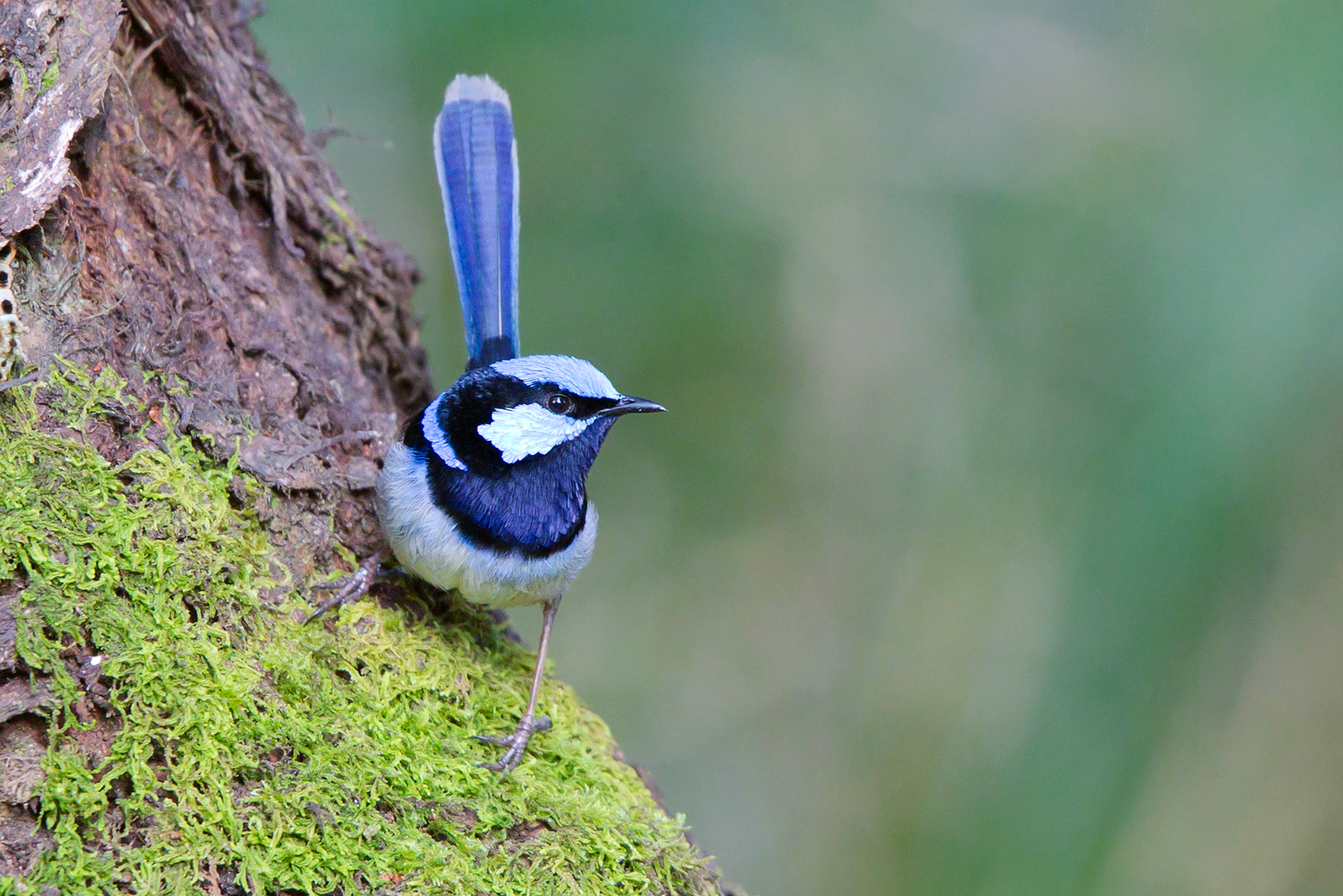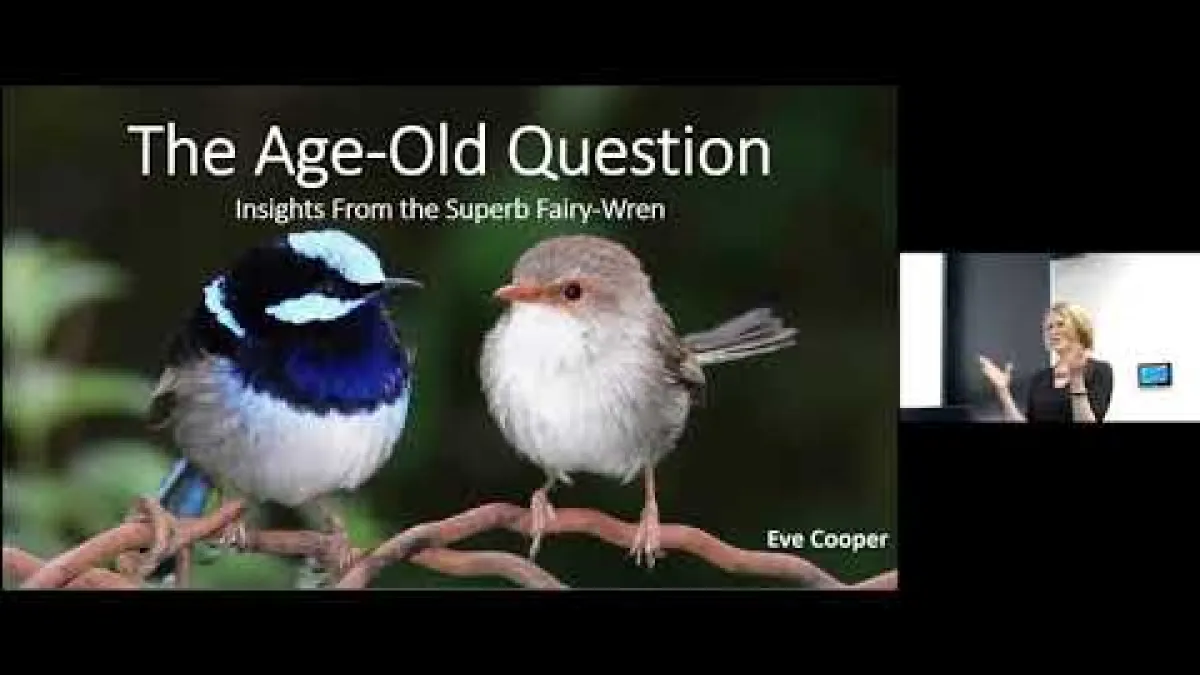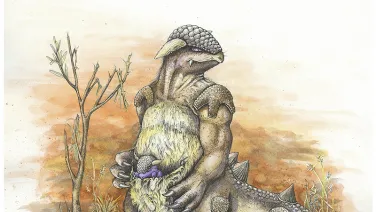E&E PhD Exit Seminar: The age old question: Insights from the superb fairy-wren
Iteroparous animals often express dramatic variation in life-history traits over the course of a lifetime.
Speakers
Event series
Content navigation
Description

Iteroparous animals often express dramatic variation in life-history traits over the course of a lifetime. Understanding the evolutionary causes and ecological consequences of the age-related improvements and declines (i.e. senescence) in phenotypes is central to life-history theory. However, the evolution of ageing is highly complex, and poorly understood. Why is there such dramatic variability in ageing patterns between different individuals within a population, and even between different traits within an individual? In this seminar I investigate the eco-evolutionary dynamics of ageing and senescence in a wild population of superb fairy-wrens (Malurus cyaneus). Using 30 years of remarkably detailed individual-level life-history data collected over 12 generations of a pedigreed wild population, I attempt to address three fundamental questions about the evolutionary ecology of ageing:
- Can life-history theory help us understand why different fitness-related traits age at different rates within an individual?
- How does the selection pressure and genetic variance associated with a phenotype change with age and how might this contribute to the realized patterns of age-related changes we observe in the phenotype?
- How does ageing impact the fitness of the next generation?
This seminar will highlight the value of using a longitudinal and individual-based study of a wild animal population to better understand the evolutionary causes and the ecological consequences of ageing in the natural world.
Location
Please note: this seminar will be held in the Seminar Rm and via Zoom, details are included below.
Eucalyptus Seminar Room, Rm S205, Level 2, RN Robertson Building (46)
Zoom Link
https://anu.zoom.us/j/92123924954?pwd=dFhKZlRUM0hpWDBZOVFOV2FKeXRtdz09
Passcode: 600990


